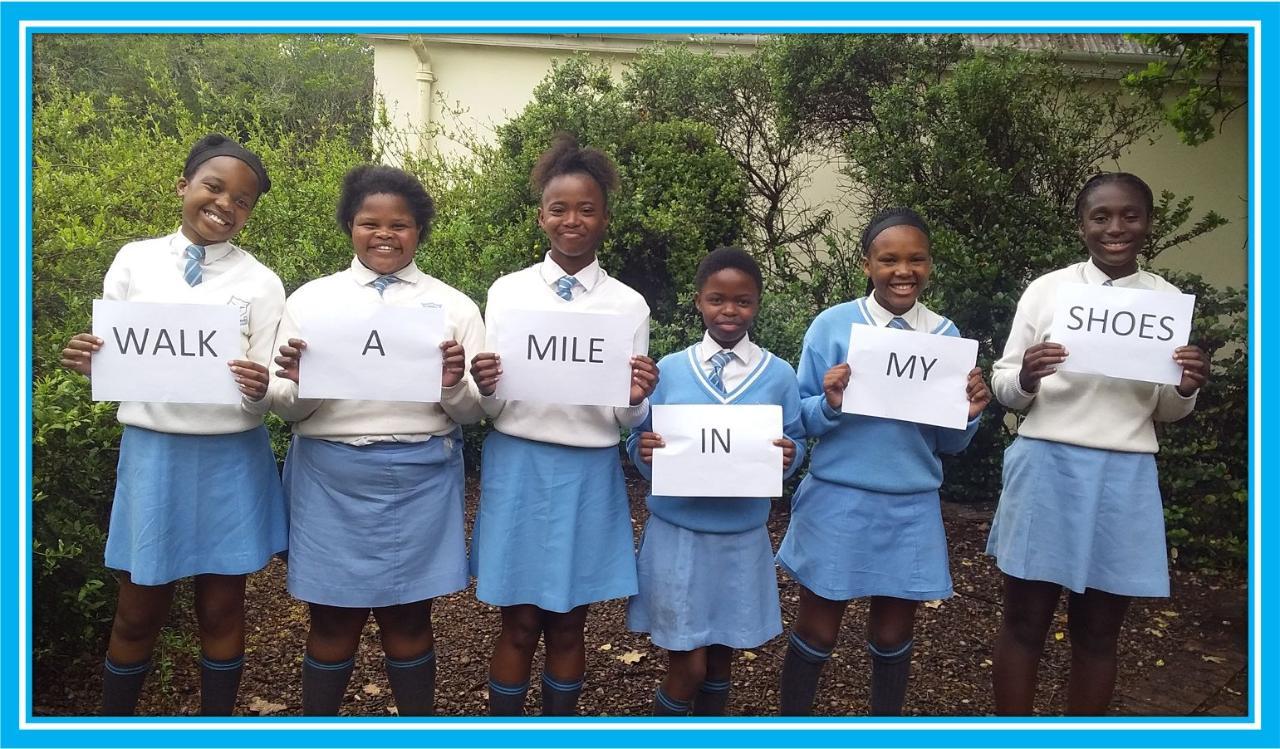Service-Learning: curricularly embedded community engagement

Experiential learning—or learning by doing—is one example of a student-centred pedagogy where: "educators purposefully engage with learners in direct experience and focused reflection in order to increase knowledge, develop skills, clarify values, and develop people's capacity to contribute to their communities." (see: https://www.queensu.ca/experientiallearninghub/about/what-experiential-learning#:~:text=Experiential%20education%20is%20a%20philosophy,to%20contribute%20to%20their%20communities.)
We draw on experiential learning in various ways in our teaching at the centre—notably in terms of ‘service-learning’ or curricularly embedded community engagement. Jeffrey Howard describes service-learning as a counter-normative pedagogy built upon mutually-beneficial relationships between academic communities and community partners that emphasize the development of a “sense of social responsibility or commitment to the broader good." (Jeffrey Howard (1998), ‘Academic Service-Learning: A Counternormative Pedagogy’ in New Directions for Teaching and Learning Vol. 73 p.24.)
As a pedagogical approach, service-learning aligns with transformational pedagogical approaches more broadly because it encourages students to critically engage with and reflect on their prevalent modes of being and perceiving, and is able to foster in them the kind of citizenship in which they come to see themselves not as saviours of less fortunate communities, but rather as agents equally responsible for, and actively contributing to, human and community development.
Last Modified: Thu, 14 Aug 2025 14:27:46 SAST
